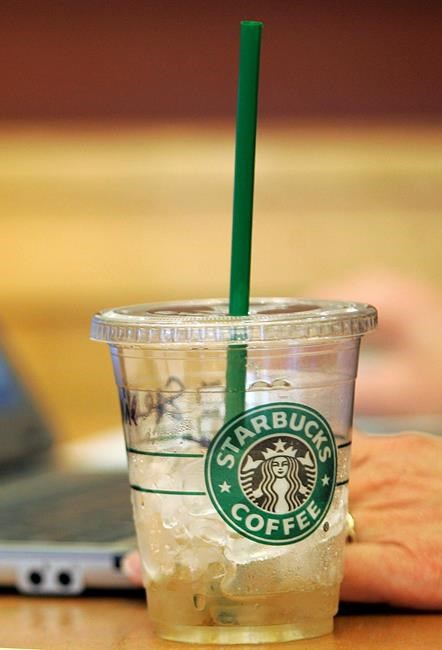Elevate your local knowledge
Sign up for the iNFOnews newsletter today!
Sign up for the iNFOnews newsletter today!
Selecting your primary region ensures you get the stories that matter to you first.

LOS ANGELES – A federal judge has thrown cold water on a lawsuit that claimed Starbucks defrauded customers by adding ice to its cold beverages.
Judge Percy Anderson tossed out the potential class-action lawsuit because a reasonable customer would know that a portion of iced coffee or tea would include ice and they’d be able to see it through the clear plastic cups the beverages are served in. In fact, he said, even a child would get it.
“As young children learn, they can increase the amount of beverage they receive if they order ‘no ice,’” Anderson said in a ruling issued Friday in U.S. District Court. “If children have figured out that including ice in a cold beverage decreases the amount of liquid they will receive, the court has no difficulty concluding that a reasonable consumer would not be deceived into thinking … some portion of the drink will be ice rather than whatever liquid beverage the consumer ordered.”
Alexander Forouzesh sued Starbucks Corp. in May for fraud, breach of warranty and false advertising, among other claims.
The Los Angeles man said the chain was cheating customers out of iced coffee and tea by filling cups as much as halfway with ice.
Forouzesh said Wednesday that he plans to appeal and was insulted by the judge’s remarks about children.
“Any child can figure out that they’re being deceived by Starbucks, as well,” he said. “It’s not right. The whole point is that we’re being deceived.”
A Starbucks spokeswoman said the company was pleased with the decision and the judge’s remarks.
A similar case is still percolating in Chicago’s federal court. The coffee company is due to file its defence in that case Thursday.
This site is protected by reCAPTCHA and the Google Privacy Policy and Terms of Service apply.
Want to share your thoughts, add context, or connect with others in your community?
You must be logged in to post a comment.